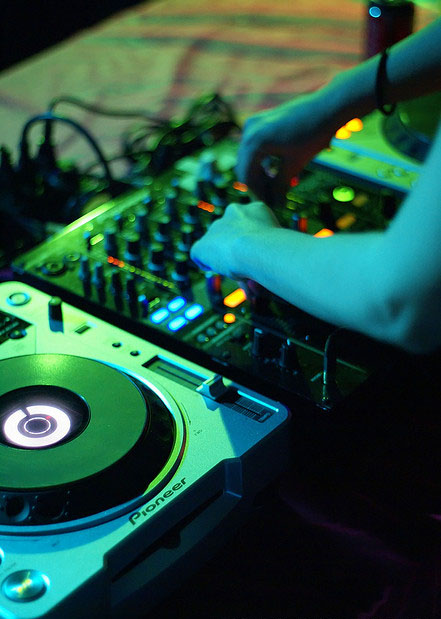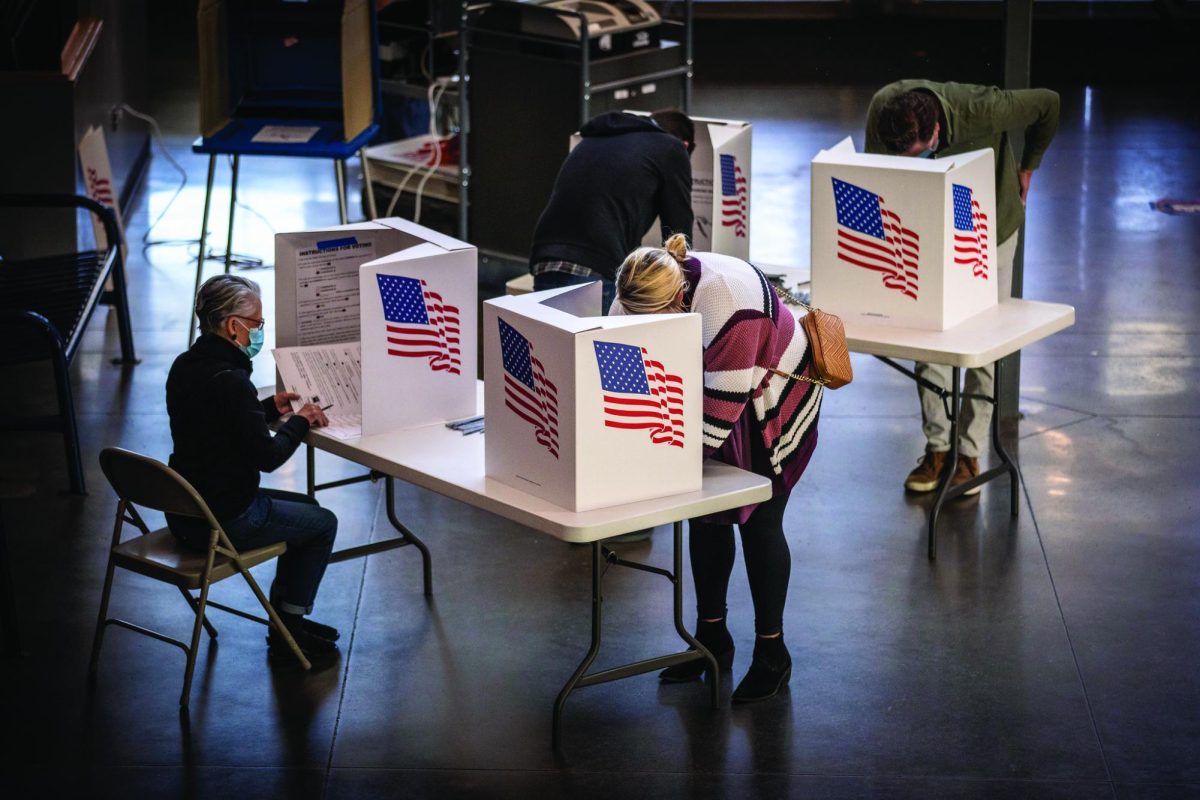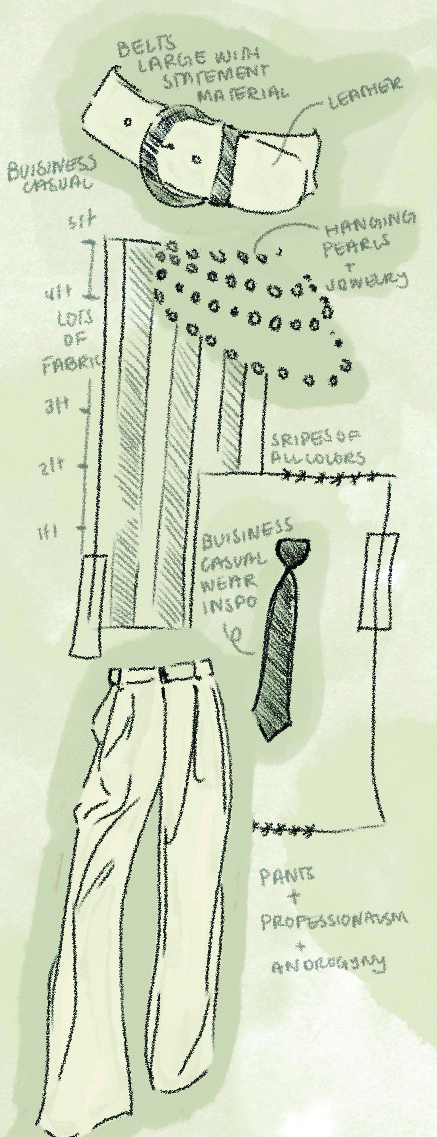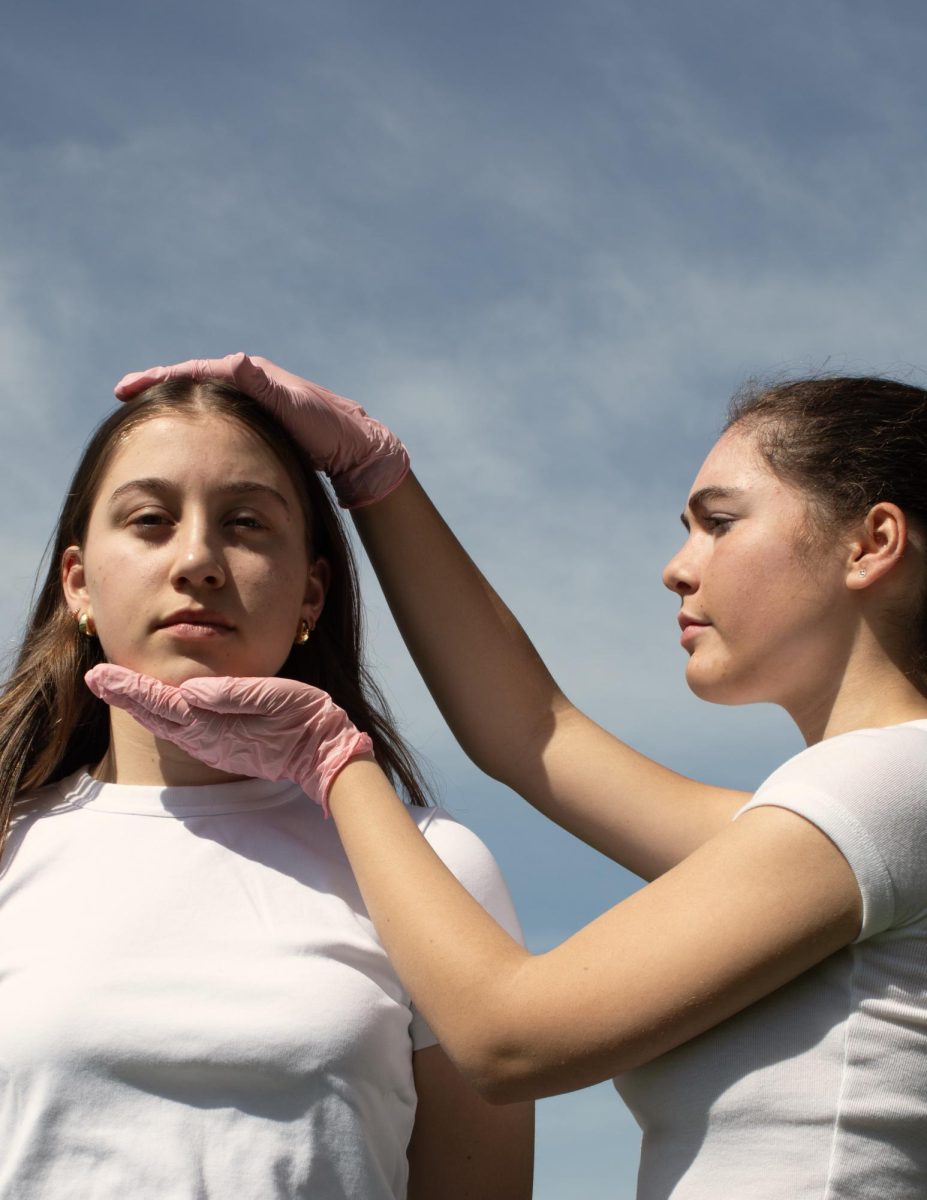
By: Lilia ’15, Claudia ’15 and Sarane ’15
As soon as Adam* finds out that his parents are going to be out of town for the weekend, he decides to throw a party and begins to prepare for the night. He’ll need someone to bring speakers, someone to get alcohol and someone to create a Facebook group and invite people. He writes on the Facebook group that his parents can’t find out. Since Adam expects around 70 guests, he decides to charge admission to the party to defray the cost of alcohol and security. At the end of the night, he has made enough money to cover the cost of the preparations and provide him with some extra pocket money.
According to the National Institutes of Health, during the 1980s, underage drinking was reduced to a very small percentage of the young adult population of the United States. Unfortunately, the percentage spiked again in 2012. During that same year, Century Council, a nonprofit organization that fights underage drinking in America, reported that 42% of American 12th graders admitted to drinking in the past 30 days. Additionally, it stated that 71% of underage drinking occurs at parties where parents are not present.
Teens face major ramifications for throwing parties in their homes, especially if guests are engaged in underage drinking.
By planning and hosting a party at his home, Adam stands to make money from charging admission, but he also puts himself and his parents at risk of serious legal action.
What does the process of planning a successful and safe high school party involve? How do teens go about making a profit from the evening? What are the legal and social consequences of throwing these parties?
PREPPING THE PARTY
Teenagers in Los Angeles undertake elaborate party-planning procedures because, as parties increase in size and rowdiness, they become more easily detectable by police. Students who plan parties deal with a variety of factors, including security, location, alcohol and guests.
House parties are becoming popular among high school students because they are usually easier to plan than parties that take place at rented venues. When a student finds himself with an “open house,” meaning that the student’s parents will be absent for the night or weekend, he may talk to another friend to help organize the party.
Blake*, a senior at Harvard-Westlake School, said he often helps his friends plan parties.
“People can trust that they will have a good time at one of my parties, so when their friends have an open house, or hear of kids trying to throw a party, they come to me or my friends because we can supply the people, the alcohol, the speakers, but most importantly, the hype,” Blake said.
He added that security is an important aspect of keeping a party safe and controlled. Although pricey, at an average of $150 per security guard, security is needed to monitor a party and keep invited guests inside the party location, lowering the risk of the police responding to noise complaints.
“Security and noise control [are] definitely essential for a good party that won’t get shut down. There was a party that got shut down in 17 minutes because there were too many kids wandering around with alcohol outside the house and on the street,” an anonymous partygoer said.
In order to cover the cost of security guards, hosts often levy a cover charge on guests who either don’t know the hosts well or were not initially invited.
Brian*, a junior at Harvard-Westlake School, stated that a standard cover charge ranges from $5 to $15.
Brian and Blake recently threw a New Year’s Eve party and donated 80% of the money they made from cover charges, totaling $800, to Cardiac Kids, a charity Brian started in 2011 to raise awareness about cardiovascular disease.
The rest of the money was used to pay for security guards and other party provisions, such as party poppers and New Year’s hats. High school kids with fake IDs or older siblings of legal drinking age provided the alcohol for the party. Brian and Blake, along with two other hosts, agreed to charge $10 to those on the guest list and $20 or more for kids they didn’t know.
Party hosts often make fake Facebook names in order to post details about parties without being identified by parents or teachers. Brian explained that the level of secrecy of the party often depends on the host’s parents.
“Most of the time parents are not home because they are not okay with having kids drinking, so everything has to be kept a secret. Some kids have parents who allow drinking and partying, so the parents are present just in case the party gets shut down by the cops and they can take the blame for it,” he said.
A Marlborough junior agreed that parents are usually not involved with the planning or financing of house parties.
“Kids feel safer not telling their parents because if there is an emergency, like alcohol poisoning or something, the parents cannot be held legally responsible for a situation they had no knowledge of. Like it would be legally easier for a parent to deal with something he or she didn’t know about rather than admit to allowing alcohol and other illegal substances at a party at his or her own home,” she said.
TURNING A PROFIT
More and more high school students who host parties have taken to charging their guests cover charges to make a profit or to reimburse themselves for the cost of the preparation.
Party hosts have a big incentive to charge entrance fees, as they will often spend anywhere from $100 to $400 on alcohol, food, security, and music in order to guarantee that their guests have a good time.
According to Blake, cover charges often vary from guest to guest.
“I know guys who will charge a flat rate for everyone, regardless of mtheir personal relationship with the person, and other people will let their friends pay less and charge people that they don’t know more,” Blake remarked.
Brian affirmed that many people who host parties do so without the intention of making extra cash.
“I would say the price of a party has no indication of the amount of fun you have. Sometimes the money goes to directly to something like security or venue and sometimes it doesn’t,” Jay*, a senior at Harvard- Westlake School, said.
Dylan*, another Harvard-Westlake junior, added that many others, himself included, use cover charges to make major profits. Depending on how many people the location can hold, hosts can make up to $2,000 in one night before accounting for refreshments.
“We make a good amount of money when we throw [parties]. The most I’ve ever made individually was $600, but collectively the biggest [party] made like $1500,” Dylan said.
Although some teens are grossing hundreds of dollars for hosting events that sometimes involve underage drinking, some students, such as Katie ’14, find that making money off of parties somewhat defeats their purpose.
“I think it’s frustrating that something that was once considered a social event is now considered a business venture,” Katie said.
Whether a student charges an entrance fee or not, there are major legal implications to hosting an event that mixes minors with alcohol and drugs.
Consequences for minors in possession of alcohol include a one year suspension of their drivers license, 24 to 32 hours of community service and fines up to $500, followed by a conviction that will show up on their permanent record.
SOBERING UP
Additionally, parties often pose risks for the health and safety of the teens who attend them.
In the past, teenagers obtained alcohol for parties mostly from older siblings, but according to a Harvard-Westlake junior who declined to give his name, teens can now easily find their own alcohol.
“Everyone has fake IDs now, so getting alcohol just isn’t a problem,” he said.
Buying alcohol is made even easier by the fact that stores aren’t often stringent about checking IDs.
“When I’m given an ID, I usually don’t look at the photo at all…I just check the year of birth,” a bartender who works at Lucky Strikes Bowling in Hollywood said.
Along with health problems, such as brain and liver damage, caused by underage drinking, intoxicated teenagers become more rambunctious and daring due to impaired judgment.
According to Harvard-Westlake senior Jack Temko, teens who have been drinking can cause destruction to the house where a party is being held, which leads him to believe that charging for parties is acceptable.
“[The hosts are] putting themselves in harm’s way to throw the party in the first place…They are putting down money for the venue, or are giving up their house and allowing [for] the possibility of things being broken or stolen or the house being totally trashed,” Temko said.
He acknowledged that house parties, unlike those at rented venues, may give partygoers the option to stay overnight, but he added that many parents want their kids home at the end of the night, forcing many teenagers to resort to driving under the influence of alcohol.
“People struggle to find rides home, and then they resort to drinking and driving,” Temko added.
Century Council reported that in 2011, 22.4% of total driving fatalities involved underage, alcohol-impaired drivers.
A party thrown after Harvard-Westlake’s 2010 semi-formal serves as an example of the dangers inherent in partying. Many sophomores, juniors and seniors, some of whom had attended the semi-formal, were invited to a party at a venue that occurred later that evening.
According to Temko, the night began in a typical way but went downhill very quickly. According to Harvard-Westlake’s student newspaper, The Chronicle, six students were escorted to the hospital to be treated for alcohol poisoning, and a few were arrested. The school responded to the incident by subsequently cancelling semi-formal for two years.
“I think that was one of the first times people started realizing that these parties were getting out of hand,” Harvard-Westlake student Mark* said.
Katie said she believes that if each individual stays responsible and safe, parties will remain that way as well. However, she then admitted that, in reality, “nothing is really danger-free.”












